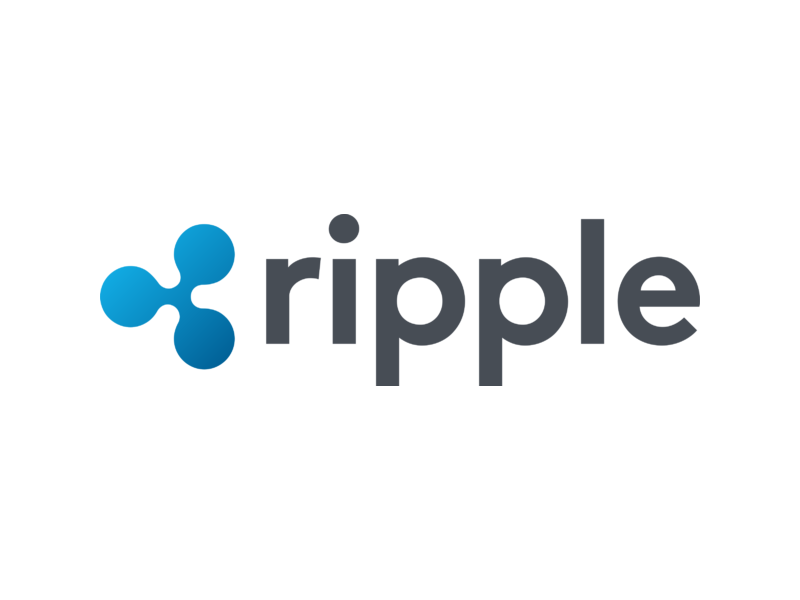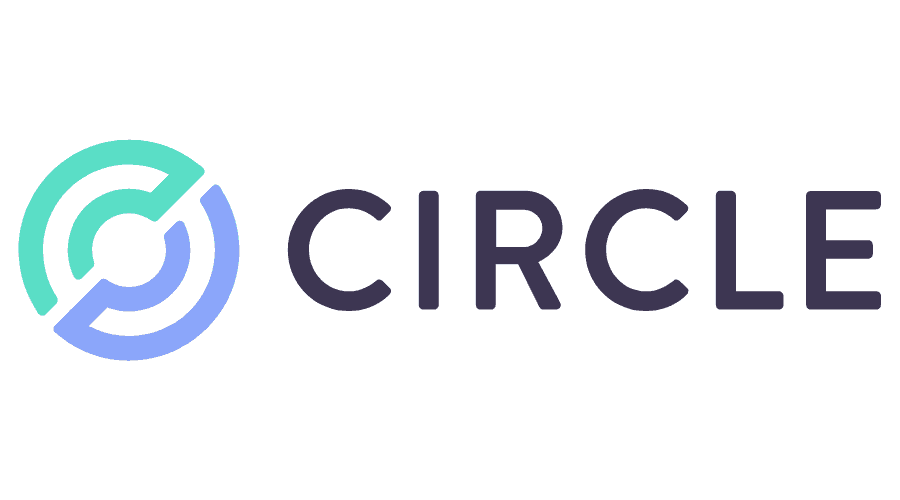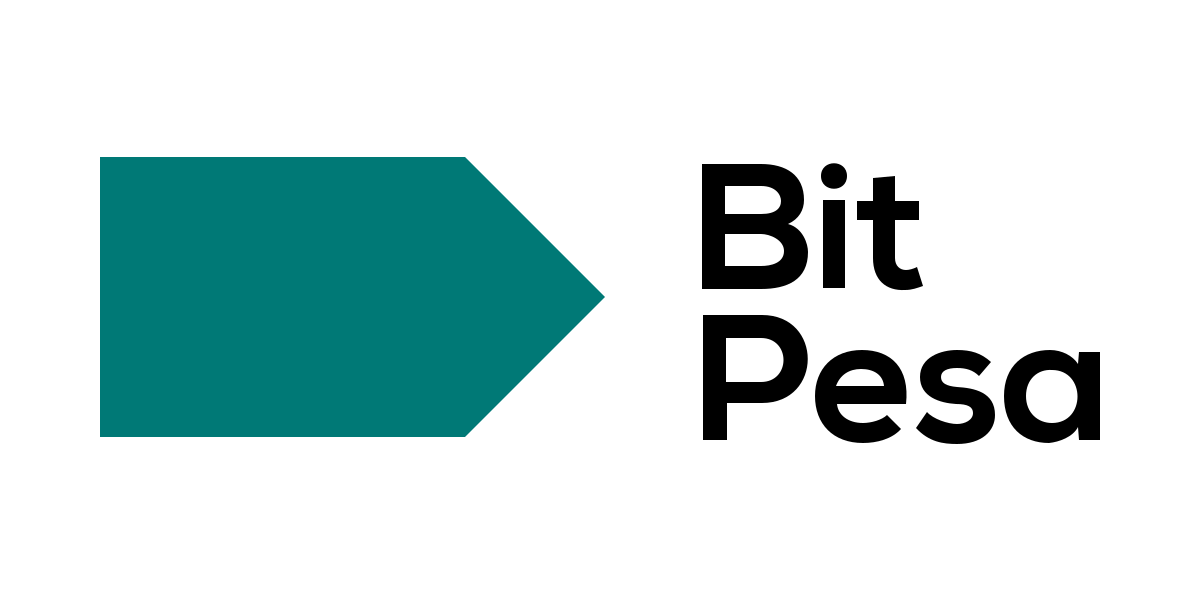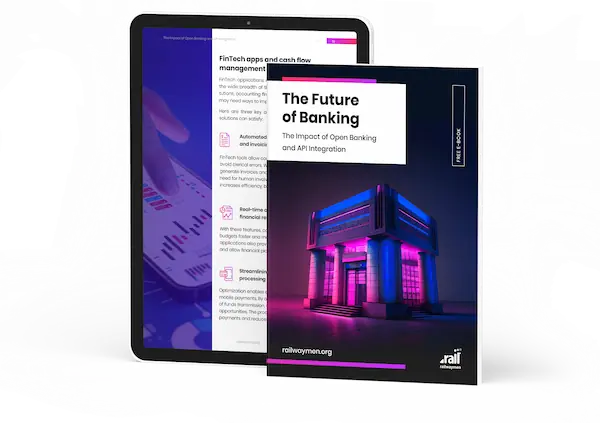As the use of FinTech applications becomes more commonplace, many organizations are seeking to move beyond traditional methods of payments and look towards blockchain technology as a means to provide more secure and transparent payments. Blockchain technology has enabled businesses, from retail stores to financial services, to offer some groundbreaking approaches to transactions, with increased transparency, enhanced security and faster transactions. Far from just enabling cryptocurrency payments, blockchain is also being used to facilitate a number of different types of financial payments around the world, such as remittances, cross-border transfers, and even peer-to-peer lending.
In this article, we will explore the benefits of using blockchain for secure and transparent payments in apps based on financial technology, discuss the challenges, and examine several prominent examples of how blockchain technology is being leveraged for FinTech payments, such as Ripple, Circle, or BitPesa.
Table of Contents:
1. What is Blockchain and its role in the FinTech industry?
2. How is blockchain secure and transparent?
3. Key Benefits Of Using Blockchain For Payments In FinTech Apps.
4. The main Challenges Of Using Blockchain For Payments In FinTech Apps.
5. Real Use Cases Of Blockchain In Fintech Payments.
What is Blockchain and its role in the FinTech industry?
The Blockchain is a decentralized, distributed ledger technology that facilitates secure and transparent transactions in the world of FinTech. It is characterized by its decentralized, distributed, immutable and transparent digital ledger technology, providing a heightened level of security and autonomy.
Blockchain technology is revolutionizing the FinTech industry by providing greater security, more efficient transactions, and enhanced data privacy. It also offers a layer of transparency that enables organizations to track the entire transaction process securely and reliably. It is increasingly being used to enable real-time database management, financial tracking, resource management and enhanced security.
This technology offers a robust defense against the growing threats of identity theft and fraud and offers a secure layer of protection for financial institutions and helps ensure accuracy in financial decision-making, improved customer experience, and better trust within the financial system.

How is blockchain secure and transparent?
Blockchain uses a distributed database to store and validate transactions. It is accomplished through a network of computers that work together to maintain the integrity of the data. The security and transparency are achieved through several factors.
One of the main reasons is cryptography. Blockchain uses advanced cryptographic techniques to protect the data from tampering. Every transaction is digitally signed and linked to the previous block using a cryptographic hash function, making it nearly impossible to modify the data without detection.
Another key factor is decentralization. The technology does not have a central authority controlling it, and the network of computers validates transactions and maintains the data's integrity. This eliminates the risk of a single point of failure.
In addition, the blockchain is transparent. Every transaction is recorded on a public ledger that anyone can access, making it difficult for malicious actors to engage in fraudulent behavior. All network participants can view the entire transaction history, providing an extra layer of security.
The combination of advanced cryptographic techniques, decentralization, consensus mechanisms, and public ledgers makes blockchain technology both secure and transparent, providing an efficient and reliable way to store and manage data.

Key Benefits Of Using Blockchain For Payments In FinTech Apps
Blockchain technology offers considerable benefits for payments in financial technology apps, including:
-
Enhanced Security - makes the technology appealing for FinTech applications. By leveraging cryptographic algorithms, it creates a tamper-resistant ledger of transactions that is stored across a network of nodes.
-
Faster Transactions - traditional financial systems often involve intermediaries, such as banks, to facilitate transactions., which can result in delays, increased costs, and other inefficiencies. Blockchain technology eliminates the need for intermediaries by creating a peer-to-peer network for transactions, so the transactions could be processed faster, with fewer fees and greater transparency.
-
Increased Transparency - blockchain creates a transparent and immutable ledger of transactions that can be easily audited and verified.
-
Reducing Transaction costs - in traditional financial systems, intermediaries such as banks charge fees for facilitating transactions. These fees can be substantial, particularly for cross-border transactions. By eliminating intermediaries, the mentioned technology can significantly reduce transaction costs.
-
Eliminating Counterparty Risk - in traditional financial systems, parties are often required to trust intermediaries to facilitate transactions. Thanks to creating a tamper-resistant ledger of transactions, blockchain technology can eliminate counterparty risk and provide greater trust and security for all parties involved.
Additionally, blockchain enables the secure transfer of digital currencies, facilitating near-instantaneous transactions and enabling businesses to expand into emerging markets. By utilizing market-leading tools such as distributed ledger technology, those platforms and systems in general, can provide a secure environment for payment processing, while also providing secure access to data and records.
Solutions based on this technology are increasingly being adopted by FinTech companies, and blockchain startups, enabling them to tap into the potential of the digital economy.

The main Challenges Of Using Blockchain For Payments In FinTech Apps
The scalability of blockchain technology is currently insufficient to accommodate the transaction volumes required by major financial institutions, presenting a challenge for the implementation of blockchain for FinTech payments. Additionally, the lack of a definitive legal framework for blockchain technology can lead to uncertainty and risk for businesses and investors when utilizing it for FinTech payments.
When utilizing blockchain for payments in financial technology applications, there are several challenges that must be addressed, such as:
-
High Transaction Fees - the costs incurred when carrying out transactions on a blockchain network, and these fees can be elevated due to network congestion, restricted block sizes, and an increased demand for transactions.
-
Lack of Scalability - the capacity of a system to accommodate an increased workload or user base, and when utilizing blockchain for payments can be hindered by slower transaction times, increased fees, and the requirement to compromise decentralization or security in order to achieve scalability. The slower transaction times of blockchain payments are due to the fact that each transaction must be verified by multiple nodes on the network, a process which requires a certain amount of time. Additionally, as the number of transactions on a blockchain network increases, the associated fees also tend to rise, creating a challenge for blockchain-based FinTech applications.
-
Regulatory Uncertainty - at present, there is a lack of clear regulatory guidance surrounding the use of blockchain technology in the FinTech sector, which can create difficulties for businesses looking to implement blockchain solutions. When utilizing this type of technology, it is important to consider potential regulatory issues such as legal framework, territoriality, compliance, fraud prevention, and money laundering.
Blockchain technology can be used to create secure, immutable records of financial transactions, helping businesses adhere to existing regulations related to financial transactions.

Real Use Cases Of Blockchain In Fintech Payments
Blockchain is a revolutionary technology that is gaining traction in the finance industry due to its ability to provide secure and transparent payments. The technology has been adopted by a number of FinTech applications, allowing them to streamline processes, reduce transaction costs, and increase the speed of transactions.
The integration of blockchain technology in FinTech apps has allowed for the rapid exchange of crypto assets and digital cash. This has enabled faster transactions, enhanced security, and increased transparency, making it the ideal choice for the financial services sector.
#Ripple
Ripple is a blockchain-based digital payment network and protocol, utilizing its own cryptocurrency - XRP, to facilitate transactions. Ripple functions on its distributed, open-source blockchain technology, referred to as the XRP ledger. Transactions are enabled by the company's transaction protocol (RTXP).
Ripple is an example of blockchain technology being used in the field of financial technology payments, that enables users to send and receive money with tremendous resilience and security, and with very low transaction fees.
 Source: freebiesupply.com/logos/ripple-logo/
Source: freebiesupply.com/logos/ripple-logo/
#Circle
Circle offers a possibility to invest in a variety of cryptocurrencies. The platform utilizes blockchain technology to facilitate secure and transparent payments, allowing users to access the global financial system with ease.
Through the use of blockchain technology, Circle provides users with a faster, more reliable, and secure way to transfer money around the world. For instance, Circle allows users to send money abroad in a matter of minutes, without having to worry about transaction fees or delays.
 Source: https://getvectorlogo.com/circle-internet-financial-limited-vector-logo-svg/
Source: https://getvectorlogo.com/circle-internet-financial-limited-vector-logo-svg/
#BitPesa
BitPesa is a financial technology platform, which offers a blockchain-based payment that leverages cryptocurrency to facilitate rapid and cost-effective business payments within, outside, and across Africa. It offers wholesale virtual currencies liquidity and exchange with expedited settlement. The platform also provides a secure and transparent means of transferring funds internationally, allowing businesses to move money quickly and without hefty transaction fees. The BitPesa utilizes blockchain technology to provide users with secure, reliable, and efficient payments.
 Source: vectorlogo.zone
Source: vectorlogo.zone
Summary
The blockchain technology has the potential to revolutionize the payment infrastructure in the financial sector. By leveraging a secure and transparent ledger architecture, blockchain-based payment solutions provide enhanced security, faster transaction speeds, increased transparency, and reduced costs compared to traditional payment methods.
Although there are some challenges associated with blockchain payments, such as regulatory uncertainty, high transaction fees and scalability limitations, these can be addressed through ongoing research and development in the field.
All of these organizations are actively exploring how blockchain technology can improve payment infrastructures and processes within the FinTech market. Ultimately, if all parties work together to address current challenges and expand expertise in this field, the potential for blockchain to positively transform the payment landscape for the better is undeniable.
We, at Railwaymen, specialize in FinTech software development, so if you have any project in mind, contact us today or estimate your project with us within 48 hours!
ESTIMATE YOUR PROJECT WITH US WITHIN 48 HOURS!
It's time to explore the future of banking
Are you interested in the future of banking and how it will affect your business? Our e-book "The Future of Banking: The Impact of Open Banking and API Integration" provides a detailed analysis of these changes. With thought-provoking insights and expert analysis, you will be able to prepare for the challenges and opportunities ahead.
DOWNLOAD NOW






